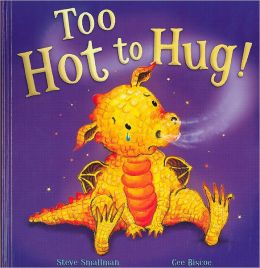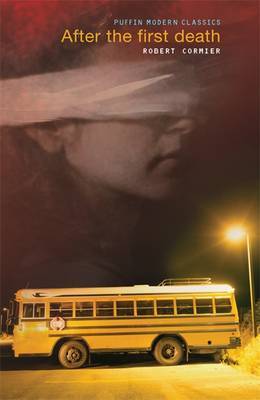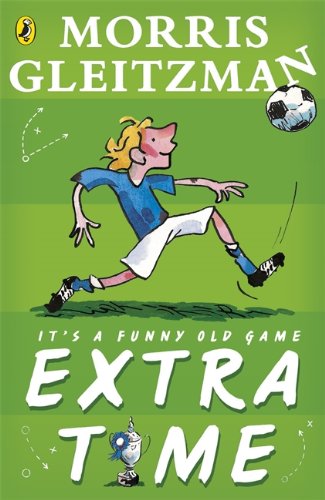
How to Catch a Dragon
Caryl Hart & Ed Evans
I have an incredible habit of pickling up picture books that end up being about libraries. This one has a beautiful big dragon on the front, and this month, Share a Story is celebrating the theme of dragons. I have been visiting nurseries and primaries, telling stories and creating opportunities for learning and creativity, with the book, Too Hot to Hug. But having read that a number of times, I thought I'd treat myself to another dragon themed story.
Albie's homework is to draw a dragon, but if he has never seen one, how can he draw one? When his mum takes him to the library, Albie tries to find a book that might help, but a chance encounter with a young knight leads him on an adventure full of dangers and monsters - he must be very brave to make it through.
How to Catch a Dragon is a generous story, in which kindness and friendship is celebrated, and libraries are praised as sources of inspiration and fuel for the imagination. It is through his creativity and willingness to explore the library that Albie manages to make friends and complete his homework.








